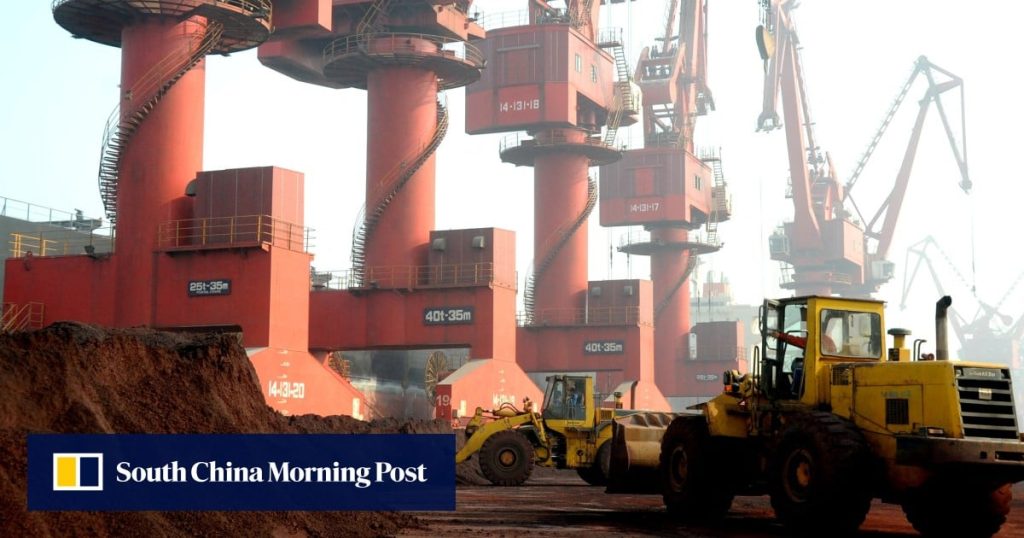Under pressure from Beijing’s chokehold on rare earths and the simmering feud over chipmaker Nexperia, EU officials have been asked to tone down their public rhetoric on Beijing, even as the bloc moves forward aggressively with its de-risking plans.
Brussels is in “de-escalation mode”, several official sources confirmed, as it looks to convince China to issue more licences for the export of the critical minerals vital to hi-tech manufacturing and ensure the supply of chips from beleaguered Nexperia’s Chinese operation.
The European Union and China are close to agreeing on a general licensing procedure for rare earths, whereby a company could obtain a one-year licence to export the minerals, provided the end user and materials are the same and they do not have a military end-use, the Post has learned. Currently, only three-month licences are available.
This would be the result of months of delicate negotiations, dating back to shortly after April, when Beijing first announced the new export controls regime for rare earths, required for making everything from electric vehicles to wind turbines.
The controls roiled European industry. This was compounded by the Nexperia crisis in late September, when the Dutch government intervened to cut off the European operations of the Chinese-owned chipmaker from its parent company, citing governance issues.
China subsequently introduced further export controls on Nexperia products finished in the country, setting off a desperate diplomatic scramble to unlock the flow of chips, used by the billion in the automotive supply chain.



